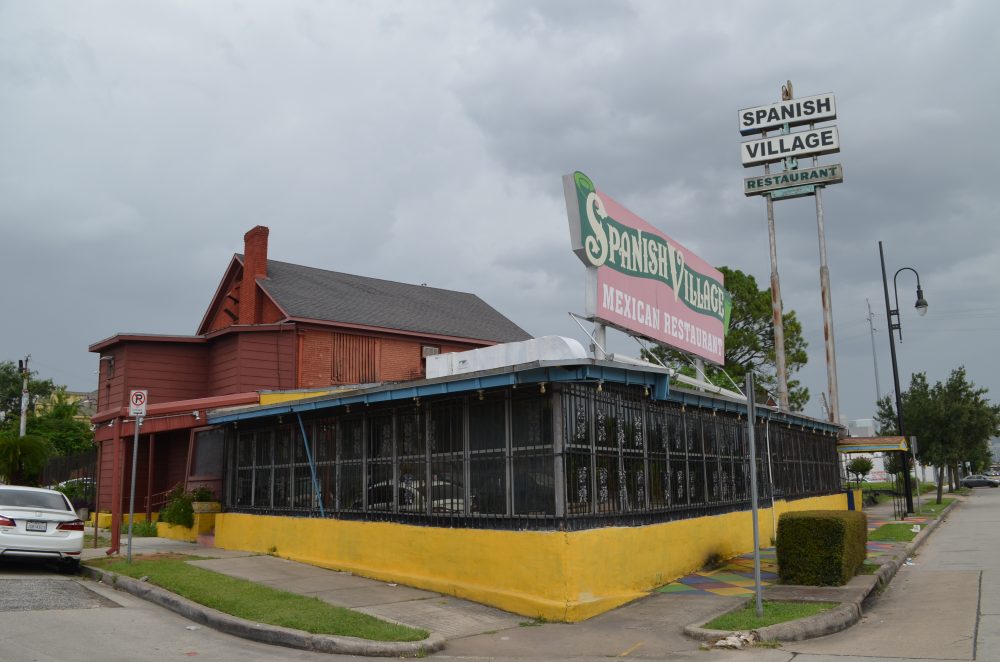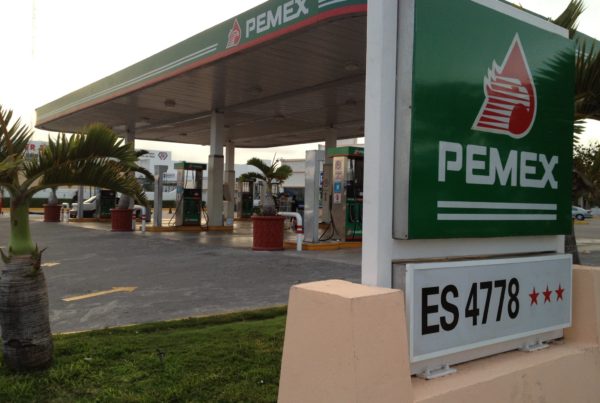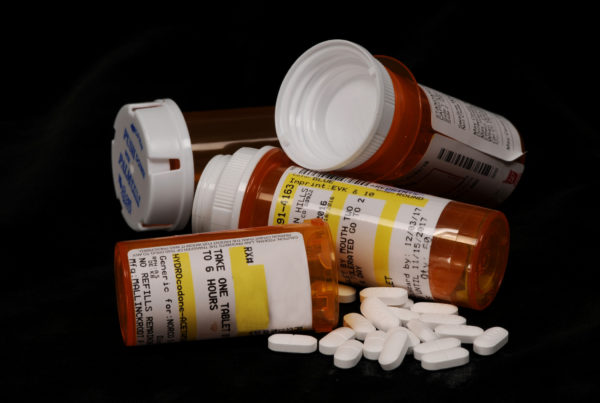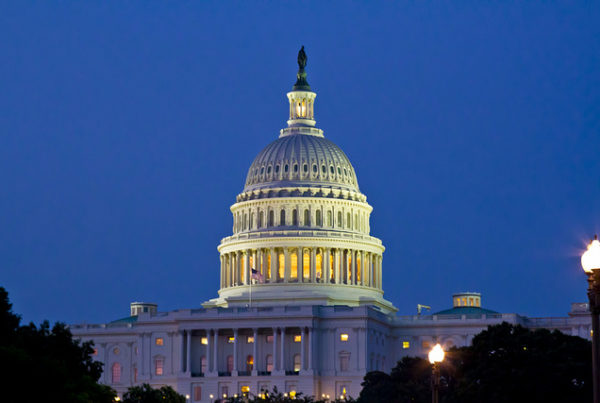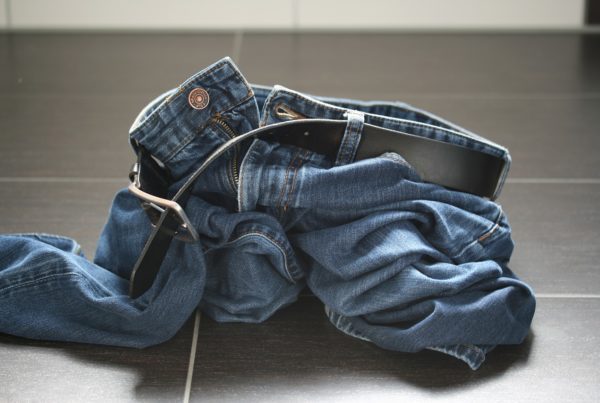With more and more people getting vaccinated, Houstonians have been flocking back to their favorite restaurants.
But for many longtime Houston eateries, the crowd is coming too late: The Texas Restaurant Association estimates the state lost 9,000-10,000 restaurants since the start of the COVID-19 pandemic.
That includes many Houston favorites, such as Spanish Village on Almeda Road, at the edge of Third Ward. The restaurant has seen several owners since it first opened in 1953, and for the past four years, it was run by Abhi Sreerama and his wife Ishita Chakravarty, who was also the chef.
But last Saturday, the couple had to close the popular Tex-Mex spot.
“The pandemic obviously was a huge factor,” Sreerama said.
He added that things were going great up until early last year, when the pandemic began. But not only did people stop coming — the cost of basic ingredients like beef and dairy spiked, Sreerama said.
“My margins went down from 30-35% all the way down to around 7%,” he said.
Sreerama said he had no choice but to let people go, and he and his wife were doing most of the work themselves. Had it not been for the Paycheck Protection Program, he said, they likely would have had to close the first month of the pandemic.

Abhi Sreerama owned Spanish Village on Almeda Road for four years before having to close it down.
However, those federal pandemic loans weren’t enough to keep Barry’s Pizza from having to shut its doors permanently in May of 2020.
Barry Childers ran the popular restaurant on Richmond and Fountain View for 37 years.
“The option to stay open was extremely high risk,” he said. “I could have done it for eight or nine months and after that I would have been in deep trouble. We had 40% of the business in to-go and pick-up, but you need every bit of the business to survive in the restaurant industry.”
He said the PPP loan helped cover staff salaries, but not the majority of expenses, such as food, taxes, and the high cost of rent.
Childers said he had initially hoped to wait out the pandemic, but soon realized COVID-19 was here to stay — at least for the time being. That pushed him to make what he said was a painful decision to let go of almost 40 employees and close down.
He added that before the pandemic, there was no timeline for him to retire — despite his 71 years.
“I was having too much fun,” he said. “And I was making a good living.”
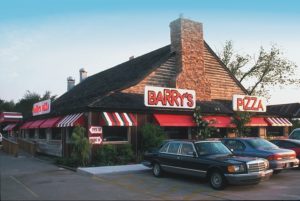
Barry’s Pizza was among several Houston eateries that fell during the pandemic.
Courtesy of Barry’s Pizza
Inside the Loop, at Greentown Plaza, Burger-Chan was a popular lunch spot for workers in the business district. Diane Wu Feng and her husband Willet Feng co-owned the restaurant and were on track to open a second location in the Galleria area when the pandemic interrupted their plans.
“Once March, mid-March hit and everyone was forced to stay at home, we overnight just had no business,” Wu Feng said.
Over the next few months, they would only get 20-40 orders per day – down from more than 200. So instead of expanding their business, they closed down in August, after more than four years.
Establishments that relied on office workers, like Boomtown Coffee Downtown, were especially vulnerable due to the loss of business traffic.
While that location closed, Boomtown CEO Andrew Loreman said he was able to keep his Heights location open.
“The people in the neighborhood really still needed coffee, they needed food, they needed all the things on a daily basis just like they did before the pandemic,” he said. “Whereas downtown, nobody’s there. Nobody lives downtown.”
Downtown Houston lost about a dozen street-level bars and restaurants to the pandemic, according to the Downtown District.
Despite even less business in the Houston tunnels, Boomtown’s Loreman did manage to continue his Understory location with just one employee for most of the pandemic.
Location is only one factor in the decision of whether a restaurant had to close due to the pandemic, said Scott Taylor, a professor at the University of Houston’s Conrad N. Hilton College of Hotel and Restaurant Management. He added that adaptability also played a part.
“The ones that continued to do well early on and are still doing well now,” he said, “adapted to carry-out, take-out, online ordering, selling of other things, not just food.”
According to Taylor, those who were able to close down temporarily and minimize expenses during the worst of the pandemic were likely to recover.
He said he was optimistic that Houston’s restaurant scene will come back to its former glory, as new places are already popping up to replace the old ones — which is the nature of the business, he added.
Eight new restaurants and bars have opened in downtown Houston since late 2020, with several more on the way this year, according to the Downtown District. New business filings were up again this year across Harris County, and through June, are already close to total new filings for all of last year, according to the Harris County Clerk’s Office.
Some businesses that had previously shuttered their doors are now reemerging as the pandemic begins to wane.
Spanish Village now has a new owner who promises to reopen the restaurant next month, while the old owners are working on a new concept elsewhere. The Fengs also plan to open their new Burger-Chan location in the Galleria area within the next two months.
Barry Childers, who still isn’t ready to retire, is considering reopening Barry’s Pizza or start another business in a different part of the city.
“The Barry’s brand still has value,” Childers said. “My wife and I are looking more and more at doing something like that – finding some of our old staff who can run a restaurant and open perhaps something a little smaller.”


